As a new expat to be, the first question one asks is, “What will my life be like in my new country? My new home?” Some of us are luckier than others and will garner full expat packages from the company we work for, aka all expenses paid baby! Others perhaps, just want an escape from their current lives and living in another country happens to be the route to achieve it. Regardless, it’s difficult to truly gauge what expenses will be like until you’re living in that country.
Hopefully, this article will answer most questions for any USA to South Africa transplants like myself. This post is also part of my Ultimate guide to living in Johannesburg, South Africa.
Note that I did some serious traveling around South Africa and the rest of Africa. For the purpose of this article, I didn’t factor in traveling expenses. To read about my South Africa travels, check out these posts!
- The Perfect Two Week Itinerary for South Africa
- Cape Town Travel Guide
- Garden Route Road Trip
- Durban Weekend
The Rainbow Nation
South Africa is a unique country when it comes to cost of living. During the Apartheid era, there was extreme wealth among the whites (the rand traded 1 to 1 with the dollar at one point) and extreme poverty for the blacks. Fast forward to the present, and things have started to converge.
Make no mistake however, there is still serious income disparity in this country but that is another topic entirely. As an ex-pat from America, I’m looking to live at the same level, if not better, than my days in New York City. Anyone who has lived in New York city will know this isn’t difficult, especially when having your own 1 bedroom apartment means you’ve made it in life.
Johannesburg vs the rest of South Africa
Johannesburg is the financial hub of Africa. The city itself is vastly spread out but most ex-pats moving here for work will likely reside in the northern suburbs of Sandton. Having traveled through so much of South Africa, it’s clear Sandton is the most expensive city in the country.
Cape Town comes a very close second as cost of living has jumped due to its tourism boom, especially in real estate. Pretoria, on the other hand, is the third largest city and only 45 minutes from Joburg, but you can expect to pay up to 50% less compared to Joburg/Cape Town!
Inflation in South Africa
Inflation is much more prevalent than in America. As with all emerging market countries, South Africa has an inflation rate of 6+%, three times that of America. This is just the national average however, and with the country’s massive income disparity, the inflation rate likely hovers closer to 10% for people living more first world lifestyles.
Nandos, one of my favorite restaurants in the country, raised the price on their half chicken almost 10% in the span of a year!
Rand Depreciation
As South Africa’s currency depreciates against the dollar, so does the purchasing power of its residents. Anything that needs to be imported from outside will become more expensive as the currency weakens. The best example of this is petrol prices that have gone up almost 20% since I’ve arrived in early 2013. If you’re moving to this country and earning Rand, this is something that will affect your purchasing power and yet another reason why inflation is so prevalent.
Without further ado, here are some general comparisons of price. For comparison purposes, I’ve added Chicago, a large city, but more comparable to the rest of America, and Pretoria, a viable South African counterpart.
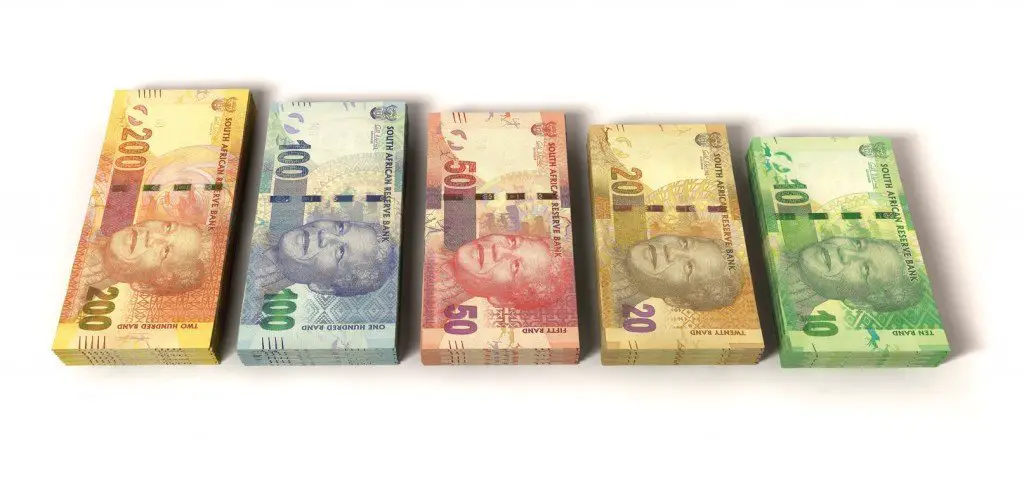
For the purpose of this article, let’s assume the Rand is trading at 10R to the dollar.
Update 2018
As it has been almost 4 years since I wrote this article, the rand is now trading at R12.6 to $1 USD. The currency has seen many swings in the past 4 years trading to 17 at one point but it has stabilized for the time being in the 12-13 range. For the purpose of accounting for inflation in 2018, please add 20% to the ZAR figures in all the tables below to get an idea or what expenses are like in 2018.
| Category | New York City | Sandton | Pretoria |
|---|---|---|---|
| 1 bedroom apartment (unfurnished) | $3,000 | R6,500 | R4,000 |
| 1 bedroom apartment (furnished) | $4,500 | R9,000 | R6,000 |
| Transportation | Subway: $105, Cabs: ~$50 | R5,000 | R5,000 |
| Cellphone (Galaxy S5 on contract) | $100 | R600 | R600 |
| Home Internet | $35 | R900: ADSL, R400: 3G Data | R900: ADSL, R400: 3G Data |
| Cable TV | $50 | $700 | R700 |
| 1 beer at Midrange bar | $8 | R20-25 | R15 |
| Dinner for two at a steakhouse | $250 | R800 | R500 |
| Cinema Ticket | $15 | R60 | R60 |
| Medical Insurance | $100 | R2,000 | R2,000 |
| 1 kg chicken breast | $15 | R65 | R45 |
| 3 bedroom apartment | $5000 | R15,000 | R10,000 |
| Gym Membership | $100 | R400 | R400 |
| Mortgage Rates | ~4% | 9% | 9% |
| Male Haircut | $20 | R130 | R100 |
| GDP Per Capita | USA: $50,000 | SA: $7,500 |
Healthcare
I was never a prominent user of health insurance in America. I paid my monthly premiums just because . . . well, everyone does it, but never used any medical services. I did make sure to always use my dental insurance but that was about it.
Upon moving to South Africa, I’ve taken more interest in this as I always wondered to myself what if I got malaria on one of my trips to East Africa (Malaria is very uncommon in South Africa)? Health insurance in South Africa, to sum it up, is a huge mess. There are seemingly endless choices, with each choice not easily distinguishable from the other. Coming from America where healthcare choices are simple; usually with a good choice, and a better choice, South Africa is just something I have no patience navigating through.
From experience, some of my expat friends with families have experienced nothing but grief and frustration when it comes to any sort of correspondence with their healthcare providers. Nevertheless, health care is still a necessity, but if you don’t have an employer plan, what do you do?
I found the tools on Hippo.co.za very useful when comparing healthcare quotes. Overall, healthcare is a bit more expensive in South Africa. Employers contribute far less to its overall cost, and people make far less in this country than in America, which makes healthcare even more expensive from a cost of living perspective. The actual cost of health-related
| Service | New York | Sandton |
|---|---|---|
| Medical Insurance – SIngle | $450 | R2,500-4,000 |
| Medical Insurance – Family of 4 | $1,000 | R8,000-R10,000 |
| Medical Insurance Subsized – Single | $100 | R1,500-3,000 |
| Medical Insurance Subsized – Family of 4 | $300 | R6,000-8,000 |
| General doctor’s visit | $50 | R400 |
| General dental clean | $80 | R600 |
| Dermatologist visit | $60 | R500-700 |
| Physician consultation | $100 | R600-800 |
| Eye exam | $60-80 | R600 |
| Generic aspirin | $8-10 | R60-80 |
Transportation
South Africans are some of the most car-obsessed individuals I’ve ever met. Cars are not just a method of transportation but a status symbol to many. Cars are also the absolute worst investment possible. They will do nothing but depreciate the second you drive it off the lot and people here don’t care. I half understand why people love their cars so much; the city is so spread out and the traffic so bad, that a good chunk of one’s life is spent in their cars. Everyone still wants that new car smell, knowing that they are paying beyond their means, and that its value will be halved in 5 years.
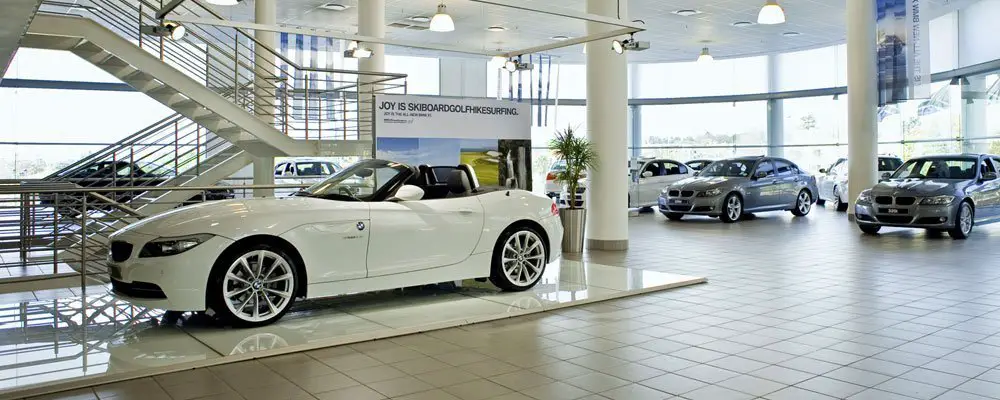
For example, someone earning $60,000 a year in America would considering spending maximum $15k on a Chevy Impala but someone in SA making a comparable salary would not hesitate to buy that new BMW 3 series worth $35k. In addition, interest rates for car financing are much higher in this country. The average rate is somewhere north of 10% for most individuals! So not only do people make less money in this country, but they buy more expensive cars and finance it a higher interest rates! Just different mentalities in this country which is also why I see more German luxury cars in this country than I do in Germany.
Coming from NYC where we only know subways and walking, transportation is a cost that went up upon moving to South Africa. Overall, new cars are more expensive than in America, but used cars are not. Car depreciation in this country is much higher. I’d highly recommend buying a used car, especially for expats that are here for just a few years.
| New York City | New York (Long Island) | Sandton | |
|---|---|---|---|
| Monthly Subway Pass | $112 | N/A | N/A |
| New Audi A4 2.0TSFI Auto | N/A | $34,000 | R400,000 |
| 2009 Audi A4 2.0TSFI Auto | N/A | $24,000 | R200,000 |
| New Toyota Corolla (most basic) | $16,000 | R210,000 | |
| New VW Golf (most basic) | $21,000 | R240,000 | |
| 2010 VW Golf | $16,000 | R130,000 | |
| New Range Rover Sport | $63,000 | R850,000 | |
| Petrol Cost | Always cheaper | More Expensive | |
| Car Insurance (on new Audi A4) | ~80-100$ | R1.5k | |
| 5yr car finance | ~3% | 10% and above |
Rent and housing
Comparing almost any city to NYC will appear as a bargain and Johannesburg is one of them. It was a huge shock to me when I realized I no longer needed to pay $1,600 a month to share a 1 bedroom apartment! Don’t celebrate quit yet. Depending on the exact location you’re interested in, Johannesburg can be quite expensive as well. Be sure to read my guide to renting a furnished apartment in South Africa
Safety is a concern that all new ex-pats will have and almost always this will make one flock towards the areas around Sandton city center. Traffic is another huge issue. If your work is located somewhere in the Sandton CBD, living 15 minutes outside of it without traffic could easily mean 1 hour while in it. For someone that has never driven regularly in his life, this was a huge deal for me. I couldn’t survive driving in so much traffic every day.
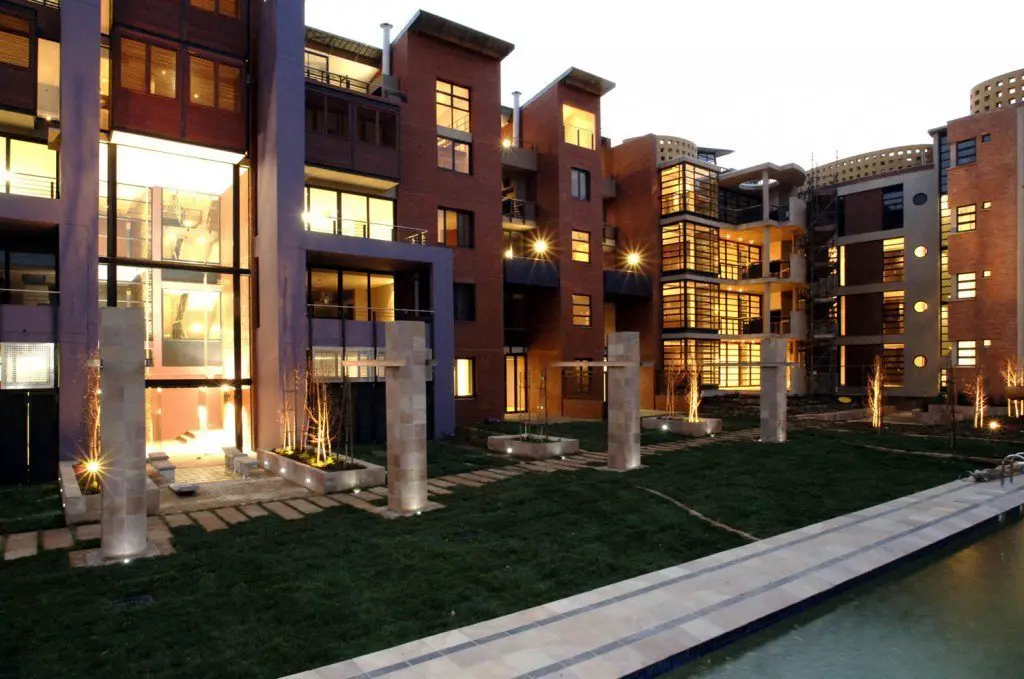
With that said, the average cost for a furnished 1 bedroom apartment in the Sandton CBD is around R10,000 a month with unfurnished going for around R7,000. Before you go jumping for joy, realize that this isn’t for anything fancy. There are plenty of people with money in this city and R10,000 won’t get you anything nice in the desirable parts of town. Melrose Arch is a perfect example with a furnished 2 bedroom apartments going for R30,000!
| New York City | Sandton | Fourways | |
|---|---|---|---|
| 1 bedroom furnished | $5,000 | R10,000 | R7,000 |
| 1 bedroom unfurnished | $3,000 | R8,000 | R5,000 |
| 2 bedroom furnished | $6,000 | R14,000 | R10,000 |
| 2 bedroom unfurnished | $4,500 | R12,000 | R8,000 |
| 3 bedroom furnished | $7,000 | R20,000 | R13,000 |
| 3 bedroom unfurnished | $6,000 | R16,000 | R10,000 |
| Buy 1 bedroom | R600,000 | R1,000,000 | R650,000 |
| Buy 2 bedroom | $1m | R1,500,000 | R1,000,000 |
| Buy 3 bedroom | Way too much $$$ | R2,000,000 | R1,500,000 |
| 30y Mortgage Rate | ~4.3% | 9.5% | 9.5% |
Food and Alcohol
This is without a doubt where most New Yorkers moving to SA will immediately notice a difference. Food and alcohol is cheaper here. Way cheaper. Eating out a restaurant, you’ll feel invincible when confronted with a menu at even the fanciest of restaurants.
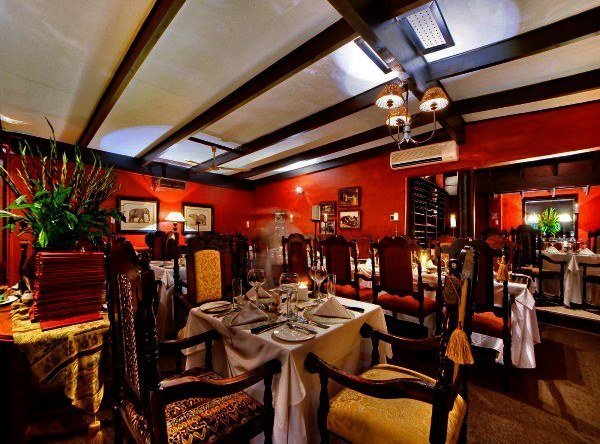
I certainly did when I first moved here. I chowed through 80% of all the restaurants in Joburg within my first 6 months. Realizing I no longer needed to pay $50 for a steak or $12 for a glass of wine but rather R150 and R40 might have been the happiest day of my life. These are Sandton prices as well, likely the most expensive in the country so it only gets cheaper from here! Alcohol at bars are significantly cheaper with a beer going for around R20-25 and shots around the same price. Gone are the days where one must drink before they go out!

Groceries are certainly cheaper than in NYC but compared to the rest of America is only marginally cheaper. I’ve found that it costs the same to eat out as it does to cook. There are plenty of grocery stores at all price ranges so for all the chef’s out there, don’t worry.
| New York | Sandton | |
|---|---|---|
| Glass of Wine at restaurant | $12 | R40 |
| Beer at restaurant | $7 | R25 |
| Shot of Jameson at a bar | $8 | R20 |
| Rum and Coke at bar | $8 | R35 (coke is charged separately) |
| 300g Fillet at a steakhouse | $50 | R160 (includes sides) |
| Seafood risotto at upscale Italian restaurant | $30 | R150 |
| Calamari appetizer | $12 | R50 |
| 1.5L of milk | $2 | R15 |
| 1kg of sirloin steak at grocery store | $25 | R100 |
| Box of Special K cereal | $6 | R30 |
Summing it up
Hopefully with this article, I’ve been able to paint a good picture of what it costs to live in Joburg. While it’s cheaper than it was for me to live in NYC, it is not as cheap as someone might think, especially if you earn the local currency. Compared to other cities in America like Atlanta, Chicago, or Minneapolis, living in the Sandton CBD may even appear expensive. Nevertheless, it all depends on the type of lifestyle you want.
| New York | Sandton | |
|---|---|---|
| Housing | (Much) More expensive | |
| Transportation | More expensive | |
| Food/Alcohol | More expensive | |
| Health Insurance | More expensive | |
| Cellular service | More expensive | |
| High Speed Home Internet | More expensive | |
| Cable television | More expensive | |
| Gym membership | More expensive | |
| Electronics | More expensive | |
| Clothing | More expensive (imported clothing is always more expensive) |



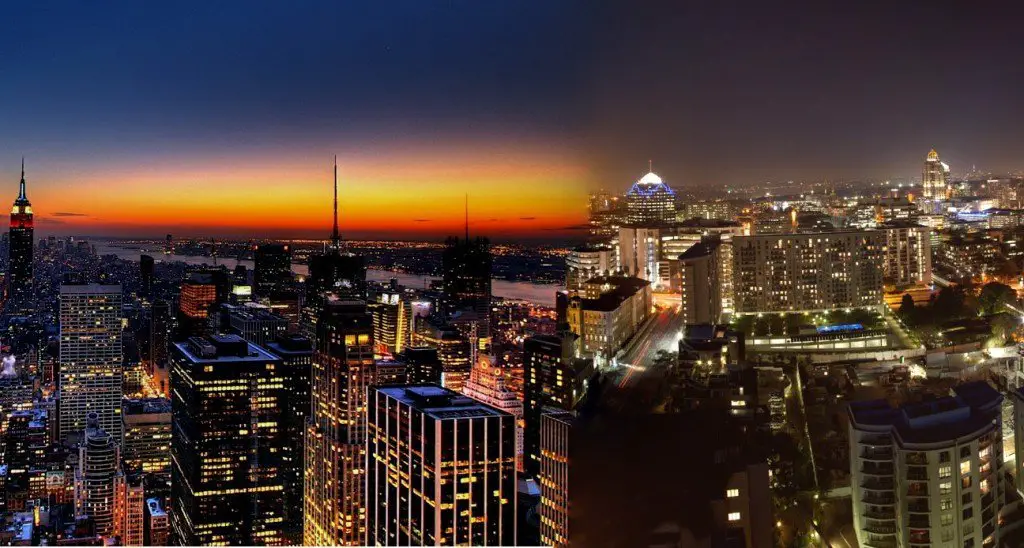
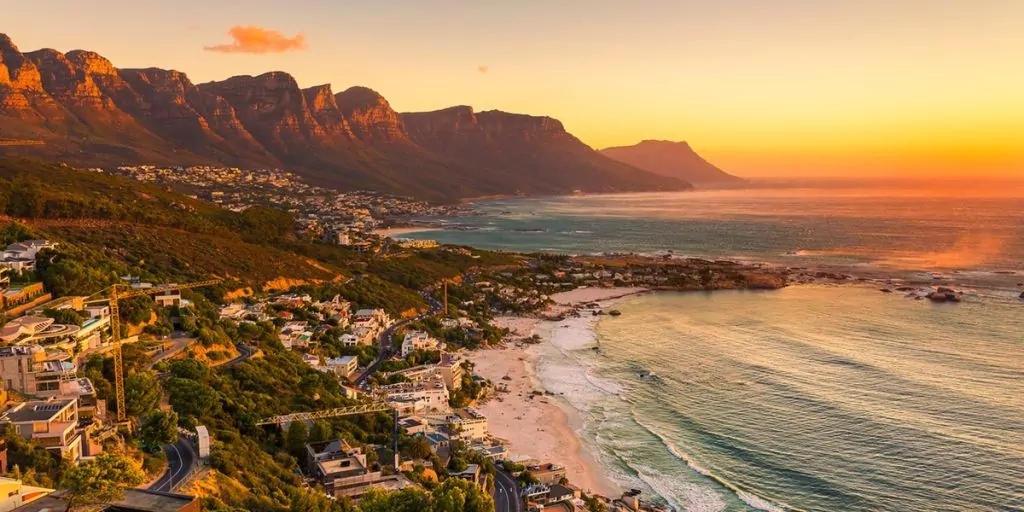
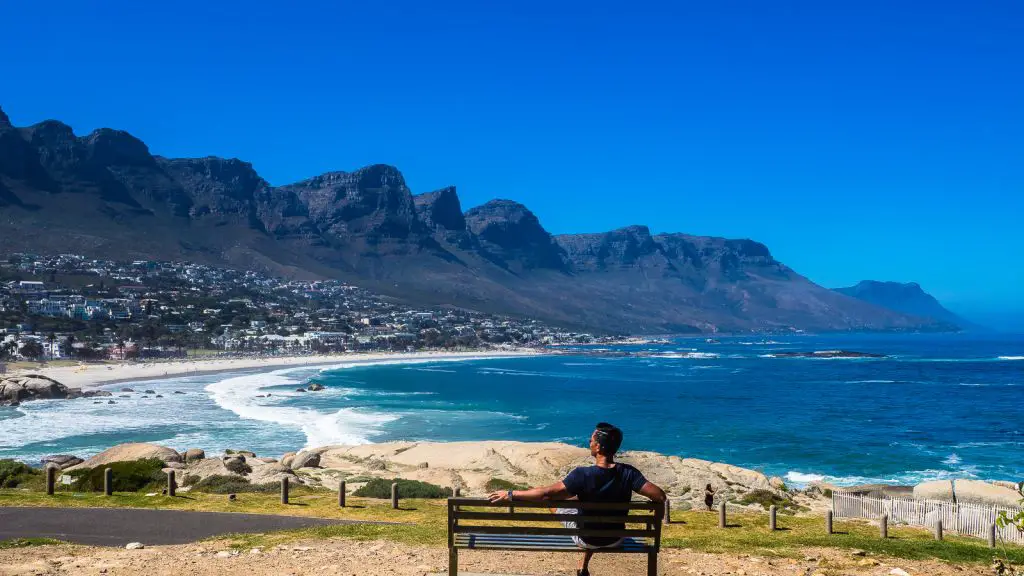
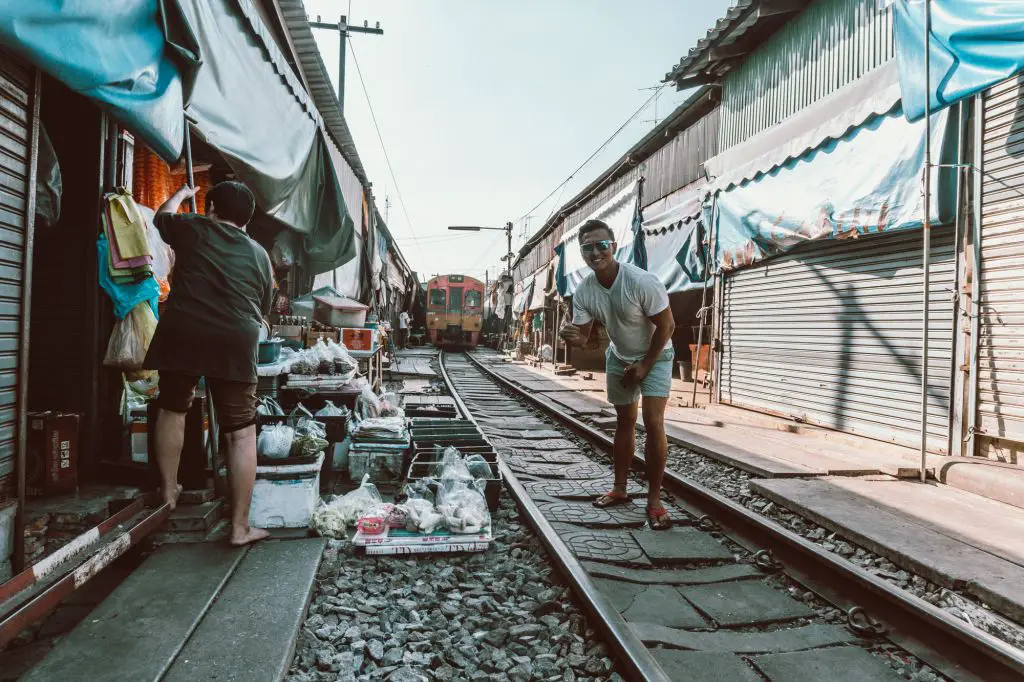
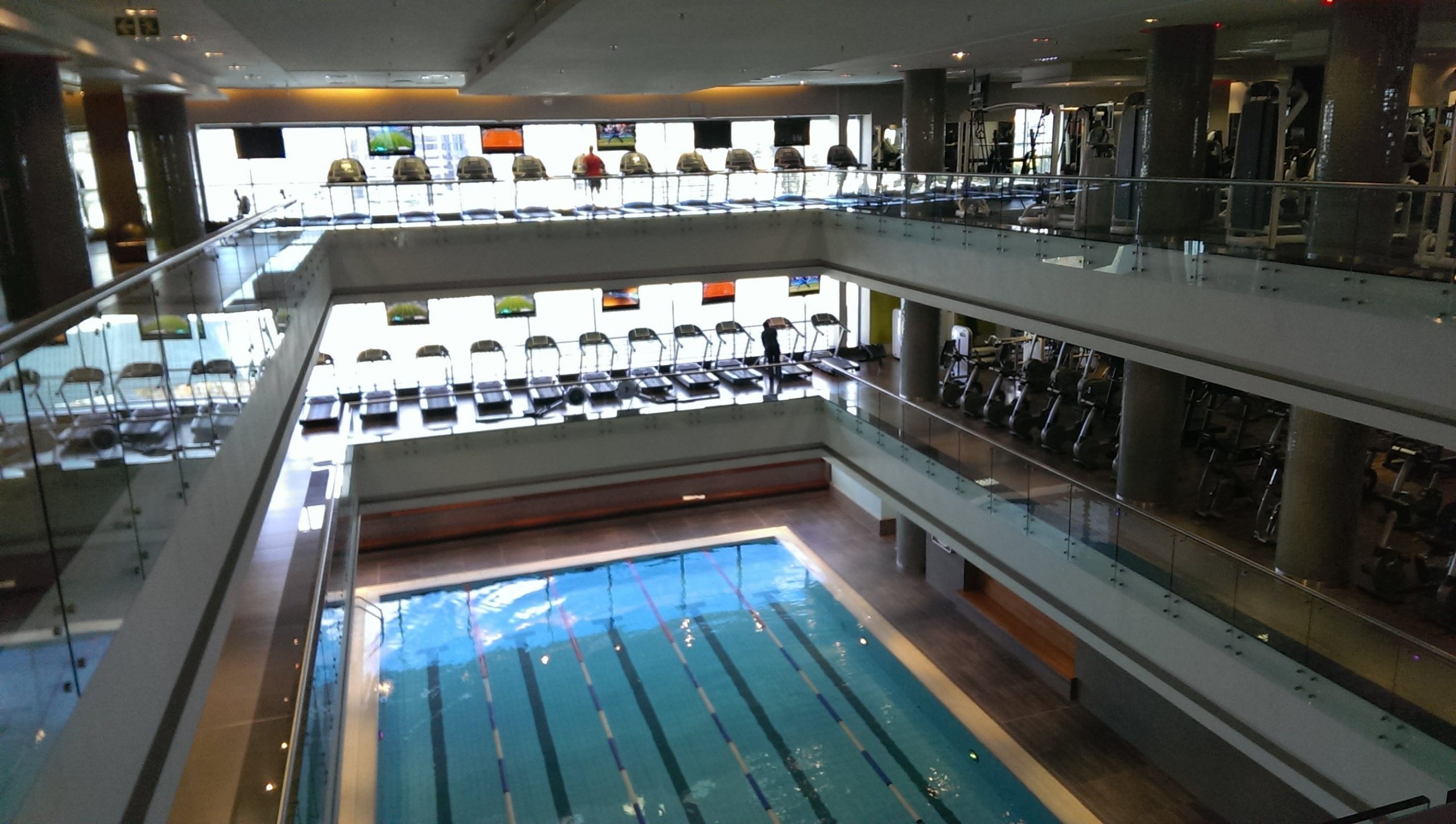
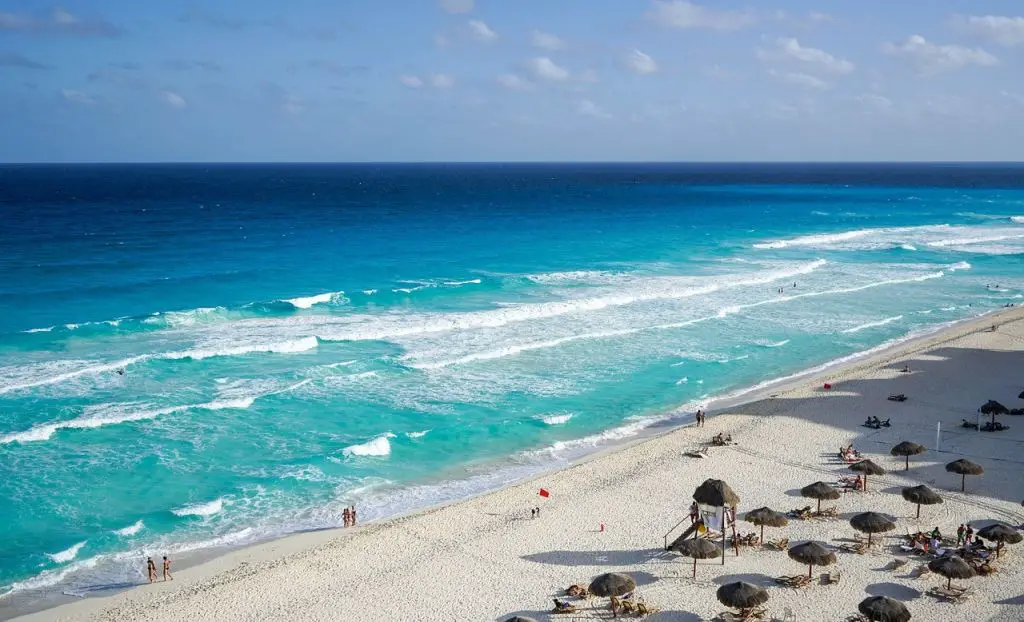

Thanks for this write up! I am moving to South Africa next year and was wondering what costs were like. I am getting paid in euros however so I don’t think the inflation will apply to me as much.
Great blog indeed. I would like to invite you on a cultural experience with my family…nothing fancy, but just chilling. You have to experience the south African coloured vibe. Don’t be alarmed, we are all vert well travelled globally. I have lived in many counties outside of South Africa, so you’ll be in good hands.
Great blog! I stumbled upon it after Googling answers to why my fiancé has so many co-workers based in South Africa. She works from home for a hotel hospitality telecom group and the vast majority of co-workers are based in SA. We live in Florida. Those employees in SA have better retention and seem to be more hassle-free, to her and her employer. Whole thing was intriguing to me and I’m glad to have found your blog. Perhaps you have a little more insight into why a New York based company would hire SA employees in such high numbers? (In relation to pay, exchange rate, employment laws, etc) Appears to be a good decision, one that benefits both employer and employee.
Also, in relation to your blog post, I do notice a trend when it comes to cost of living in SA. Funny how home internet it much higher than home internet in the States (proportionately). I’ll assume reasons are do to monopolistic structure? Same would go for gas, cable, and price of cell phone, all of which prices are very high in SA. Those providers are paying someone big time, and they likely don’t want those things to be available to everyone. Why try to sell a thousand people 1000 hotdogs for $1000 when you can spend less time and less money selling 500 people (who can afford it)500 hotdogs for $1000. Income disparity as you called it. And boy it seems you are right.
Also, items you listed, which are general commodities, are significantly cheaper (chicken, even a filet at a restaurant) like over 50% cheaper after adjusting for exchange. Cars also. My gist is that these manufacturers realize cars are not a necessity in SA so they cannot price them as such, like they do in the states. But I bet if you buy a car I. SA and try to get it shipped it will cost you an arm and a leg.
Anyway, sorry for the ramble. Thanks for sparking My newfound interest and intrigue with SA. And if you have insight for me about the employment thing, please let me know!
-Matt E
Hi Matt! Very insightful analysis there! I will say a few things.
1. GOOD internet and name brand tech is generally more expensive abroad than in the US. Gas is also more expensive unless you’re a country that has oil like Egypt and then prices are 15 cents a liter.
2. Cars are every much a neceessity in South Africa as they are in the US, if not more so. People in South Africa are much more car obsessed than in the US, and actively use their car to showcase their wealth. Cars are generally more expensive, especially for the luxury brands but I would attribute that to exchange rates and import taxes. Used cars however, are cheaper in South Africa from what I found. Depreciation must be higher.
3. As for employment, the cost of living in South Africa is generally lower than in the US so the company will save on wages, especially with the exchange rate. Of course that also depends on where in the US and where in South Africa you are comparing. Cape Town and Sandton are not cheap places to live, more expensive than at least 50% of the USA. Also there is plenty of talent in the country as the school system is good (for those that have money of course). Also, Cape Town is an amazing city so it has no problem attracting the best talent worldwide.
Hope this helps clarify some things!
It was an interesting read and I learned a lot about the cost of living in New York; however, unfortunately I could not see the portion of the charts that contained the cost of living in Africa because it would not display on my screen on my cell phone. I’m from NE Atlanta and happy to say I don’t live in NYC. It’s way too expensive for me!
I lived in South Africa for a year in 2011/12, though I was living in Soweto and had a much different lifestyle than you. Except for internet, my living expenses were much cheaper than living in the states. Admittedly, many Americans would not like to live in Soweto, but it was a blast for me.
Hi Gianine! Absoluteyl agree with you. I always mention that SA might as well be completely differnt countries in one place. Where I was living in Sandton, is in no way reflective of the rest of the country. Nevertheless, work was in Sandton so i wanted to make sure I was close. I will say that the times I went to Soweto with my SA friends were some of the funnest nights I had in SA. So much culture, atmosphere, and energy in that place it was unbelieveable!
Awesome blog, very interesting
Hi Johnny, I just came across your blog and I must say I loved reading this. I speak with loads of ex pats but this was great insight. I wonder if you compare the NY % spend of month costs verse a NY salary and the equivalent of an SA salary and SA costs. I was just thinking about the cost of accommodation in NY vs Johannesburg and how much that would eat up of the NY salary.
By the way loved going through your posts on your Nomad trip. That is my passion, overland travel through Africa.. We just have an amazing continent
Cheers and I will follow your blog and share it with others 🙂
Andrew
http://www.AfricanOverlandTours.com
Hey Andrea, thanks for the comment! I’d say the percent that goes to rent vs salary in NYC is much higher than in SA. Of course there are few in SA that may spend more but there is so much choice in SA whereas to live in NYC, on the island of Manhattan, you’re looking at conservatively $1500 a month to share an apartment.
The main difference is New Yorkers covet living in Manhattan and it is a much bigger deal than living in say Sandton CBD for Joburgers. Salaries are obviously higher in NYC but does not compensate for the extremely high rent even though no one drives.
Also food and alcohol are 2-3x higher in NYC but that is a big part of the lifestyle and us New Yorkers are the absolute experts at going out for food/drinks and spending way too much money.
Hope that helps!